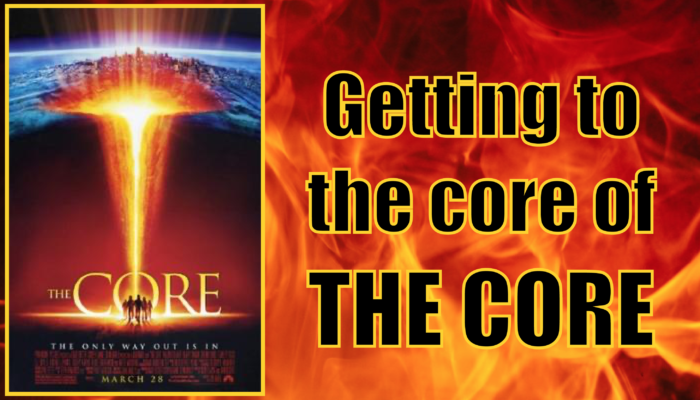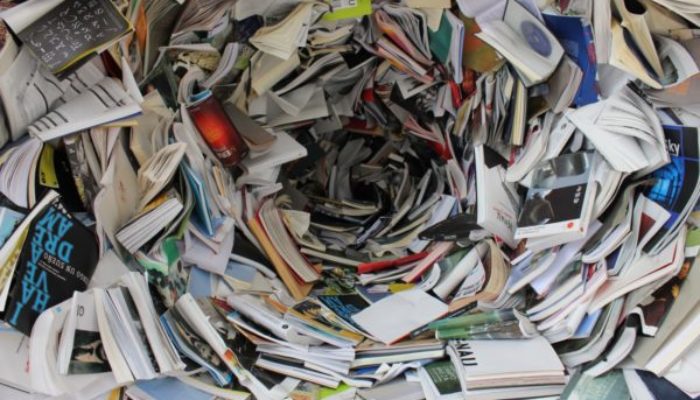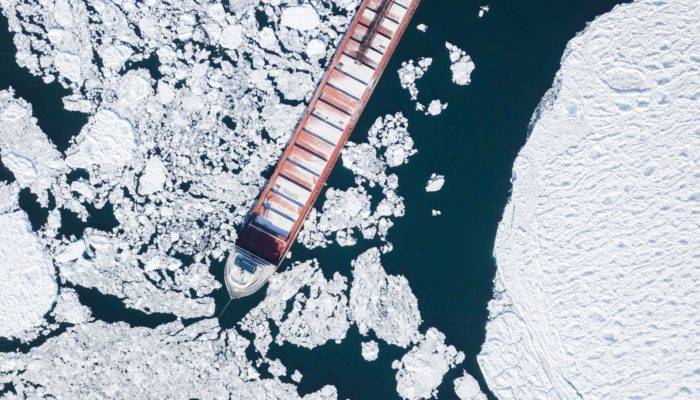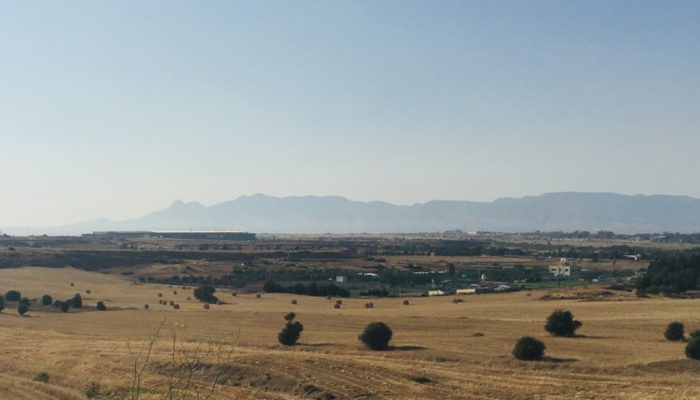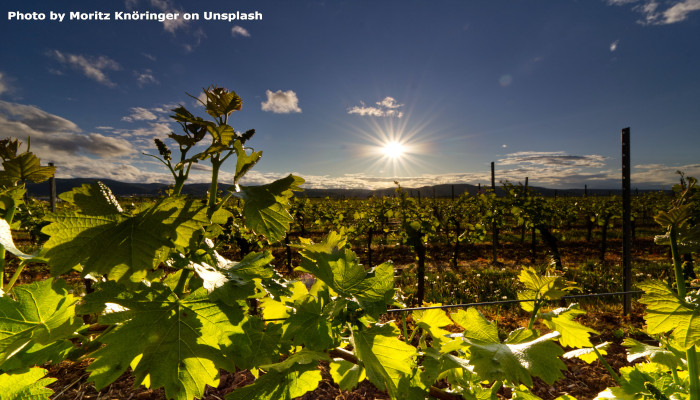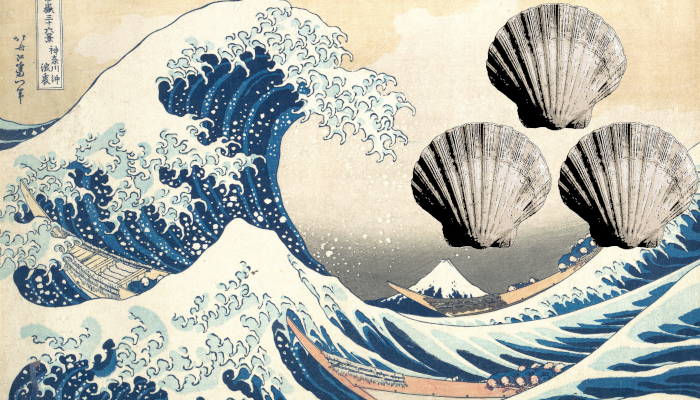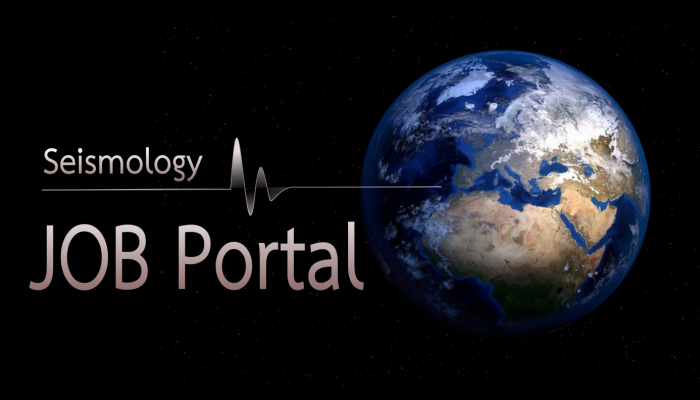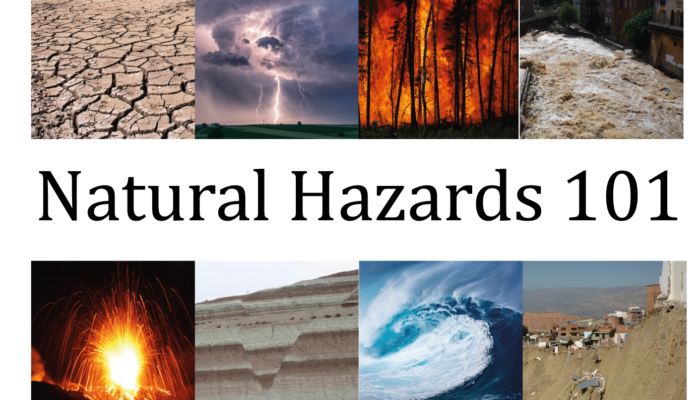Imagine my surprise when I found out that one of the regular attendees of our virtual institute coffee in Leeds actually worked on the movie ‘The Core’. Yes, you read that correctly: The Core, maybe the best bad science movie out there! (Although Menno had some great other suggestions last week!) So, in between many cups of coffee (well, mugs of tea actually, we are in the UK after all ...[Read More]
Tectonics and Structural Geology
TS Must-Read – Dahlen (1990) Critical Taper Model Of Fold-and-thrust Belts And Accretionary Wedges
Dahlen 1990‘s paper presents a synthesis of all theoretical work on accretionary wedges that had begun more than a decade earlier, with the fold and thrust belts research of Elliott (1976), Chapple (1978), and model by Davis et al., (1983). Dahlen expanded previous views with a more sophisticated treatment of pore-fluid pressure using volume-averaged Stokes-equations for both solids and flui ...[Read More]
Cryospheric Sciences
Mapping sea ice from space
Reduced and thinner sea ice makes Arctic waters increasingly appealing for shipping, fishing, tourism, and mineral exploration. However, with increased accessibility and more dynamic ice conditions comes a greater risk for ship crews to encounter sea ice and icebergs outside of their usual seasonal limits. To help them navigate, timely and reliable sea ice information is key. Have you wondered how ...[Read More]
Geodynamics
The Sassy Scientist – Comment – Reply – Comment – Reply – …
Diane is on top of her research. Not only that, her education is unparalleled and with this background she is therefore in a perfect position to adjudicate the works of others: A scientist I know published a paper drawing the wrong conclusions from their own research. How should I let them know? Dear Diane, As per the title of this very post, you simply write a comment. Submit this to the journal ...[Read More]
Climate: Past, Present & Future
HighPasm project: Understanding the climate & social vulnerability in the Island of Cyprus for the last millennium
What is this project all about? This project investigates the social responses of the society to environmental stress in the context of climate variability for the last millennium in Cyprus. Human societies had a variable response to changes in climate either due to differences in socioeconomic systems, land use, and health systems. Many health issues in societies are sensitive to both social and ...[Read More]
Geochemistry, Mineralogy, Petrology & Volcanology
Volcanoes and Wines, Part 2
And here we go, with the second part of “Volcanoes and Wines”! In Part 1 blog post we introduced you to the inevitably bond between wine and geology, with a focus on volcanic areas and minerals. We are sure we left you with a taste of volcanic soil in your mouth, wondering where you can savour red and white glasses of wine at the foot of a volcano. Today we introduce you to some unusual and ...[Read More]
Geodynamics
5 additional geodynamic movies to watch
More than a year ago Iris made a great list of geodynamics themed (bad) movies. Since there are so many amazingly bad (and a few good) geodynamics themed movies out there, we felt that it was time for some additional movie recommendations. I tried to keep the list varied with some over-the-top movies and some which are very down to earth, or in some cases more correctly phrased: down into the eart ...[Read More]
Atmospheric Sciences
Face masks effectively limit the probability of SARS-CoV-2 transmission
Face masks have been widely advocated to mitigate the airborne transmission of viruses including the severe acute respiratory syndrome coronavirus 2 (SARS-CoV-2) (e.g., Lelieveld et al., 2020). They can reduce the emission and spread of respiratory viruses through airborne droplets and aerosols as well as the inhalation of airborne viruses. The effectiveness of masks, however, is still under debat ...[Read More]
Seismology
Seismology Job Portal
On this page, we regularly update open positions in Seismology for early career scientists. Do you have a job on offer? Contact us at ecs-sm@egu.eu Please, note that other available research positions are displayed on the EGU Jobs Portal. Special Thanks to Eric Löberich for researching job postings for the ECS.
Natural Hazards
Natural Hazards 101: Forecasting and modelling
With the Natural Hazards 101 series, we mean to bring our readers closer to the terminology often used in the field of natural hazards, but that may not be so familiar. In the first episode of the series, we focused on the definition of hazard and natural hazard. We moved then to the concept of risk, which brought us to define exposure and vulnerability. Later on, we digested the disaster terminol ...[Read More]

